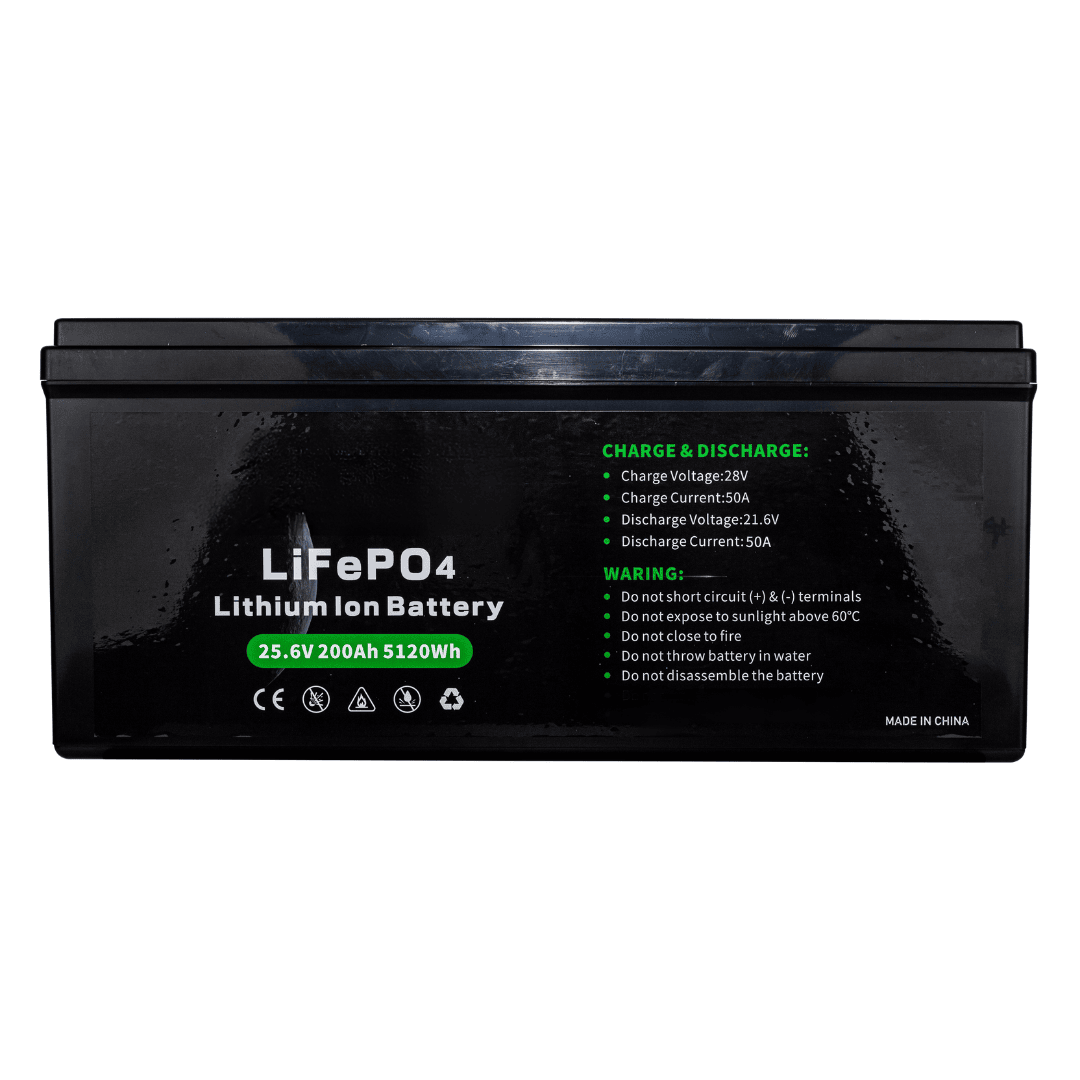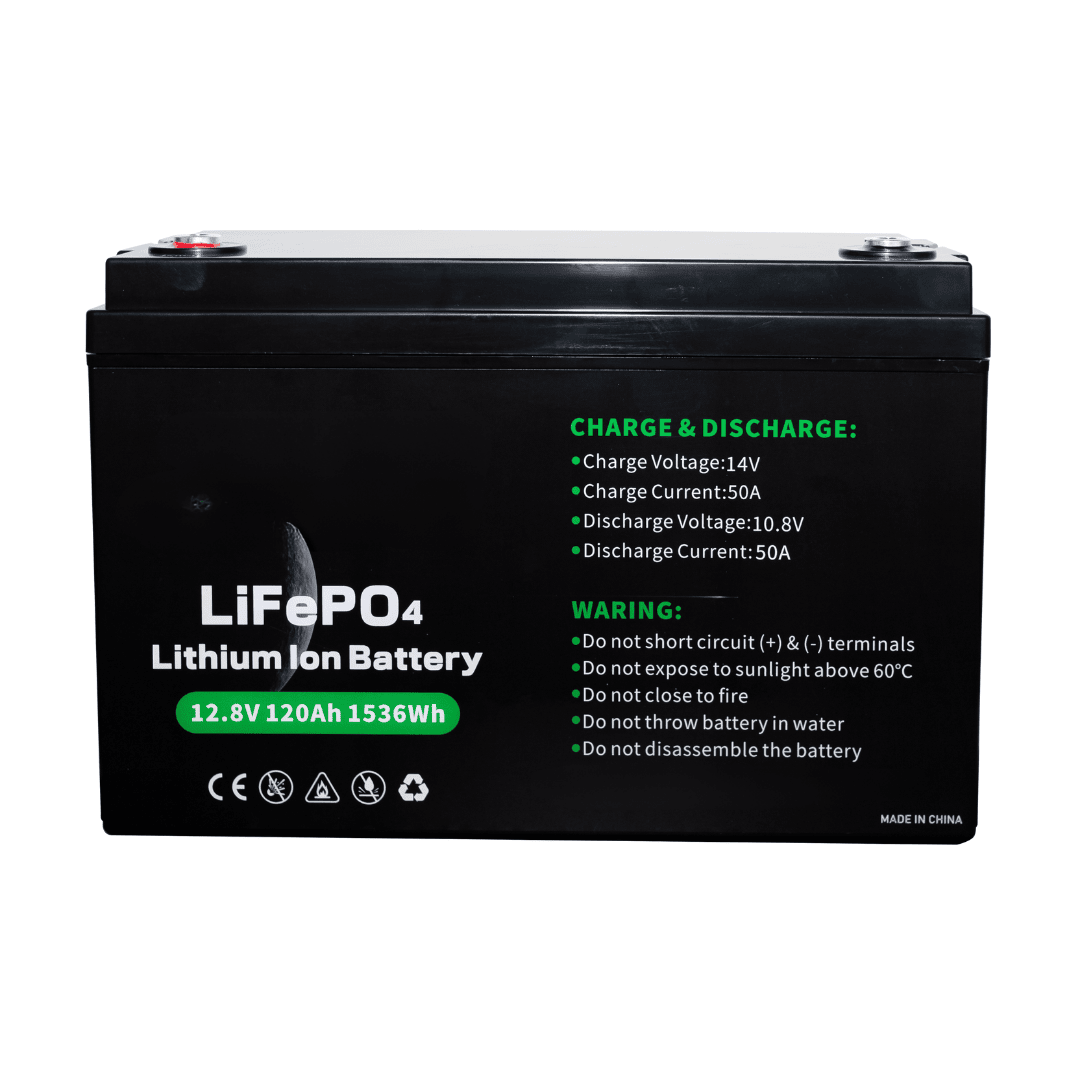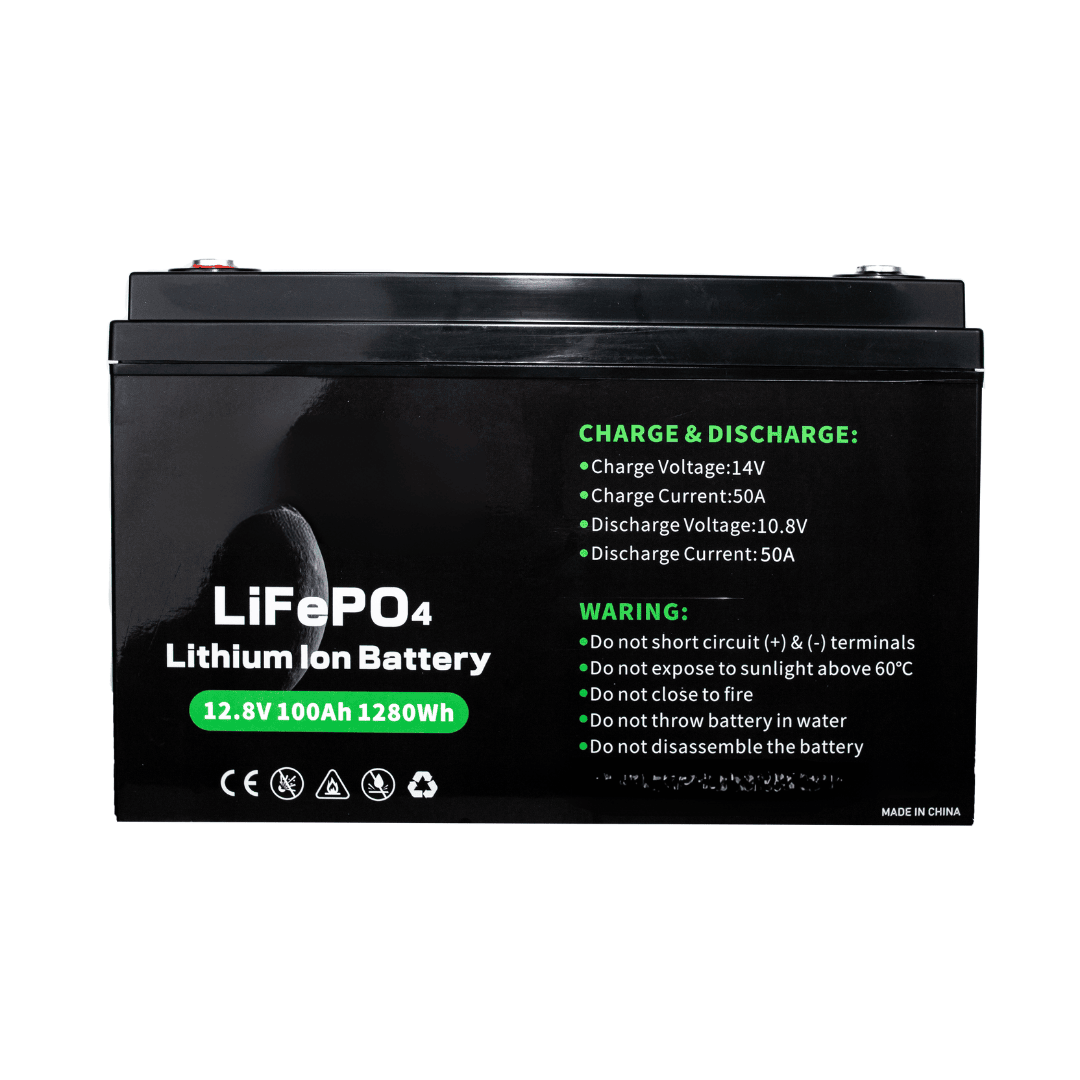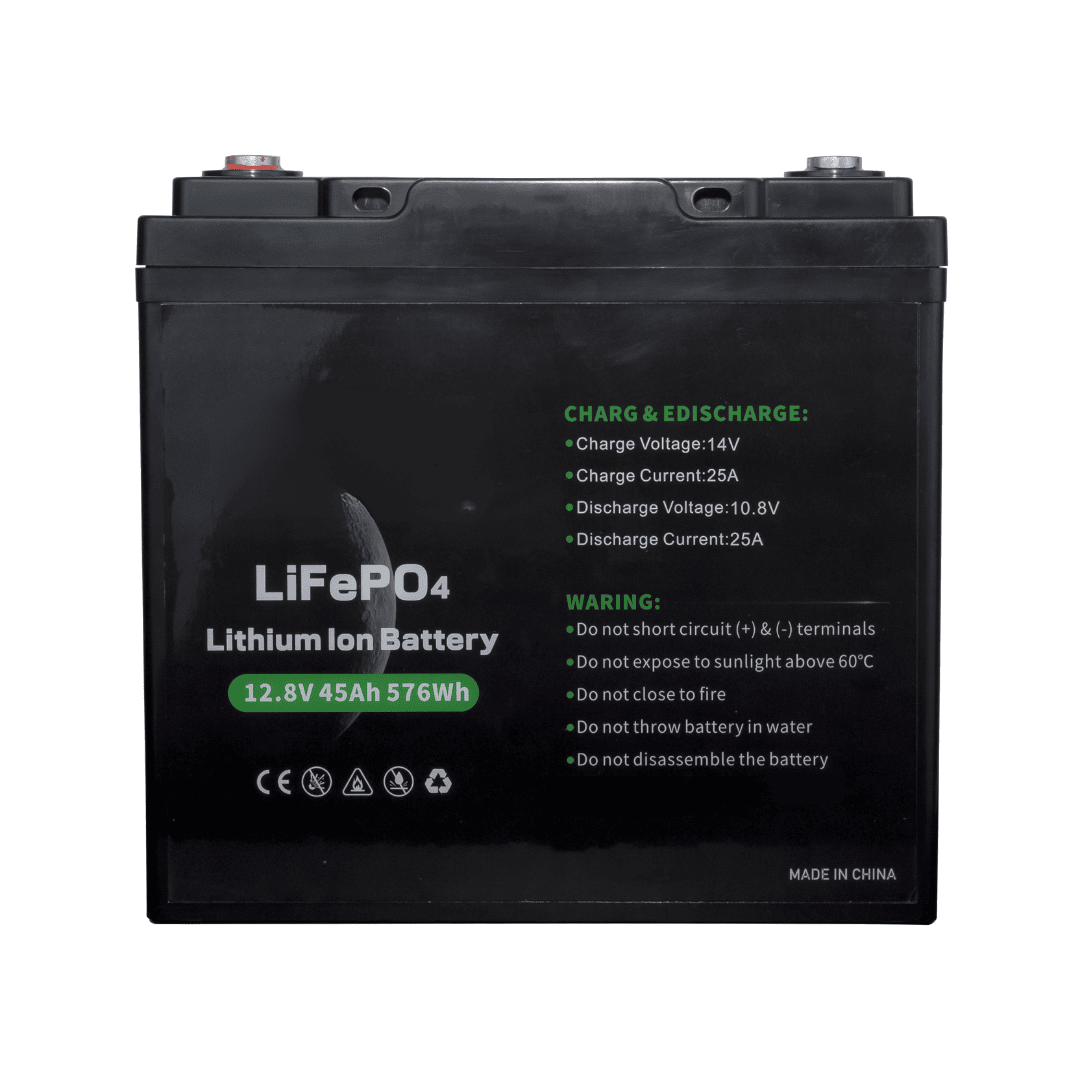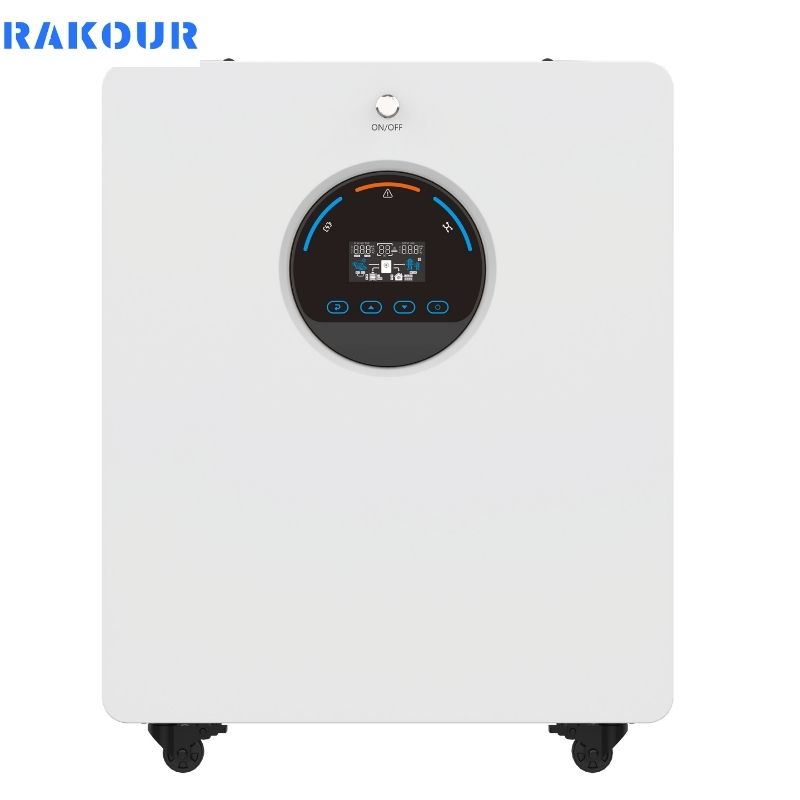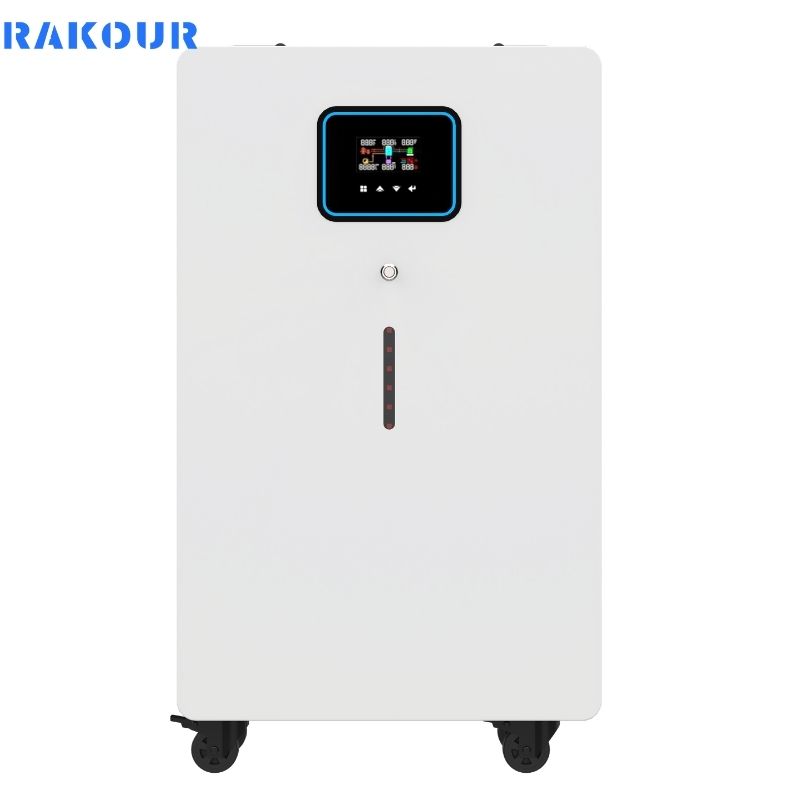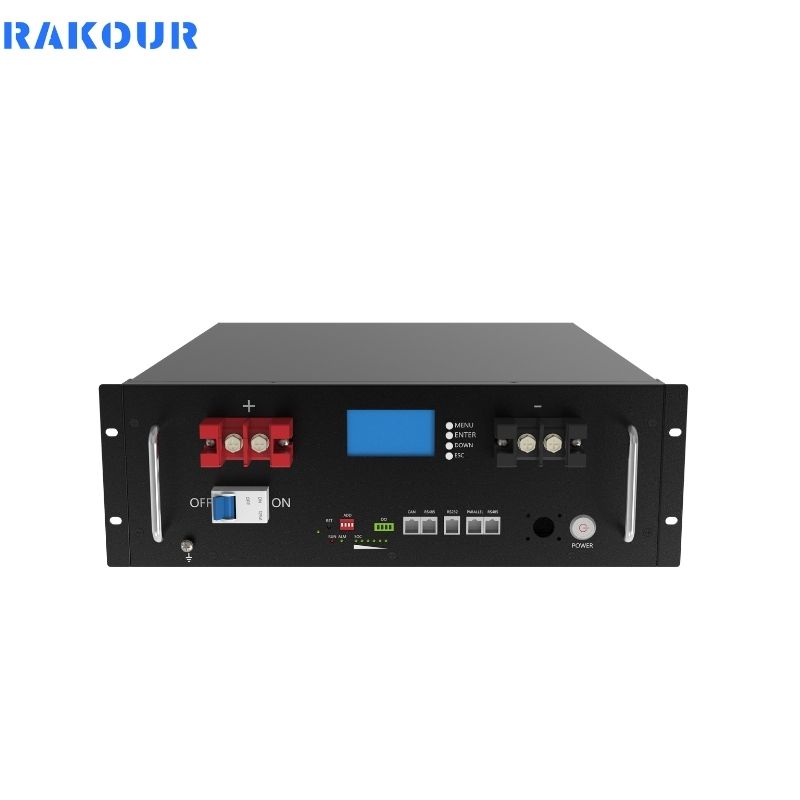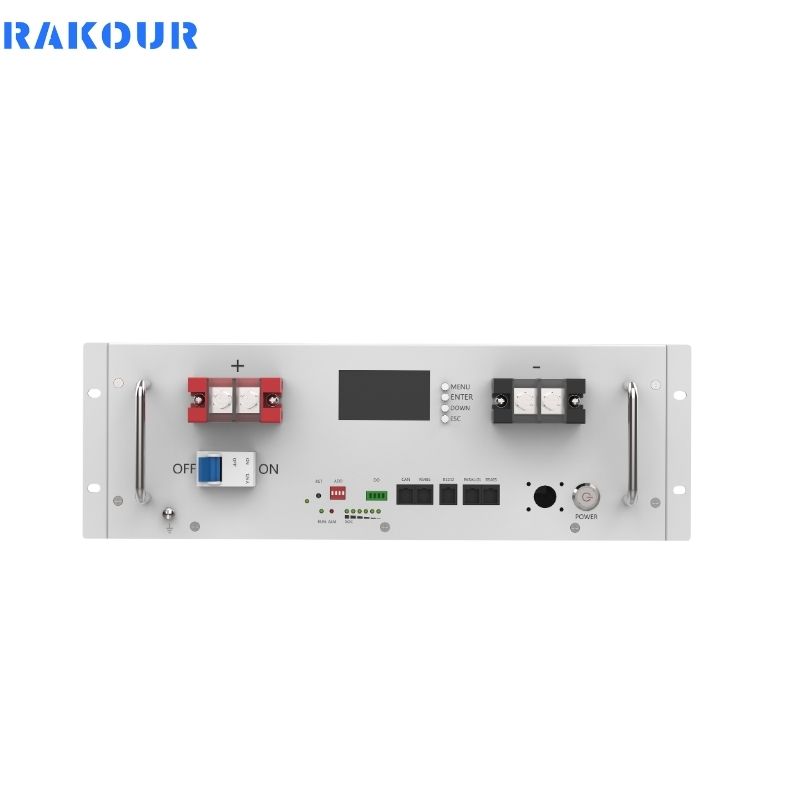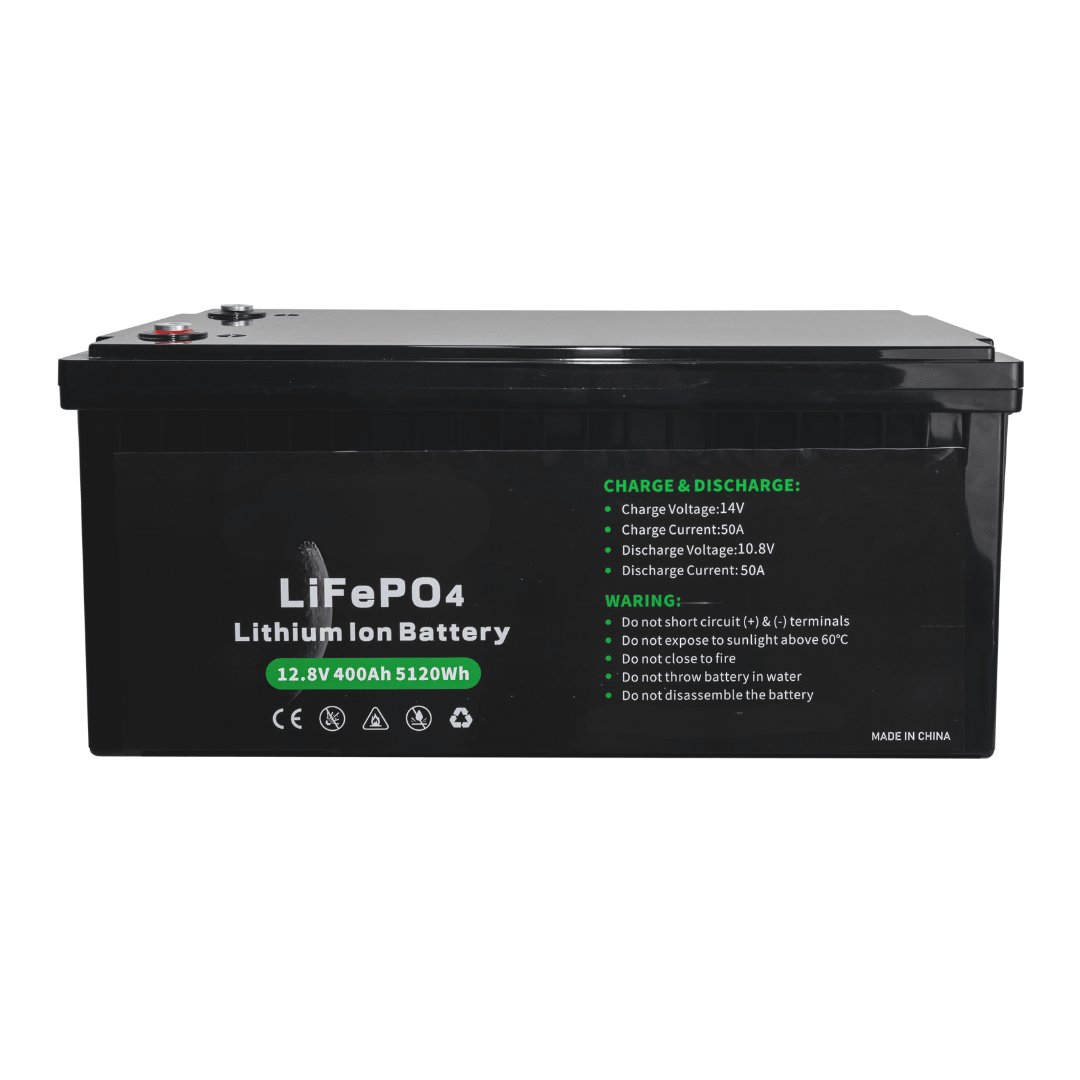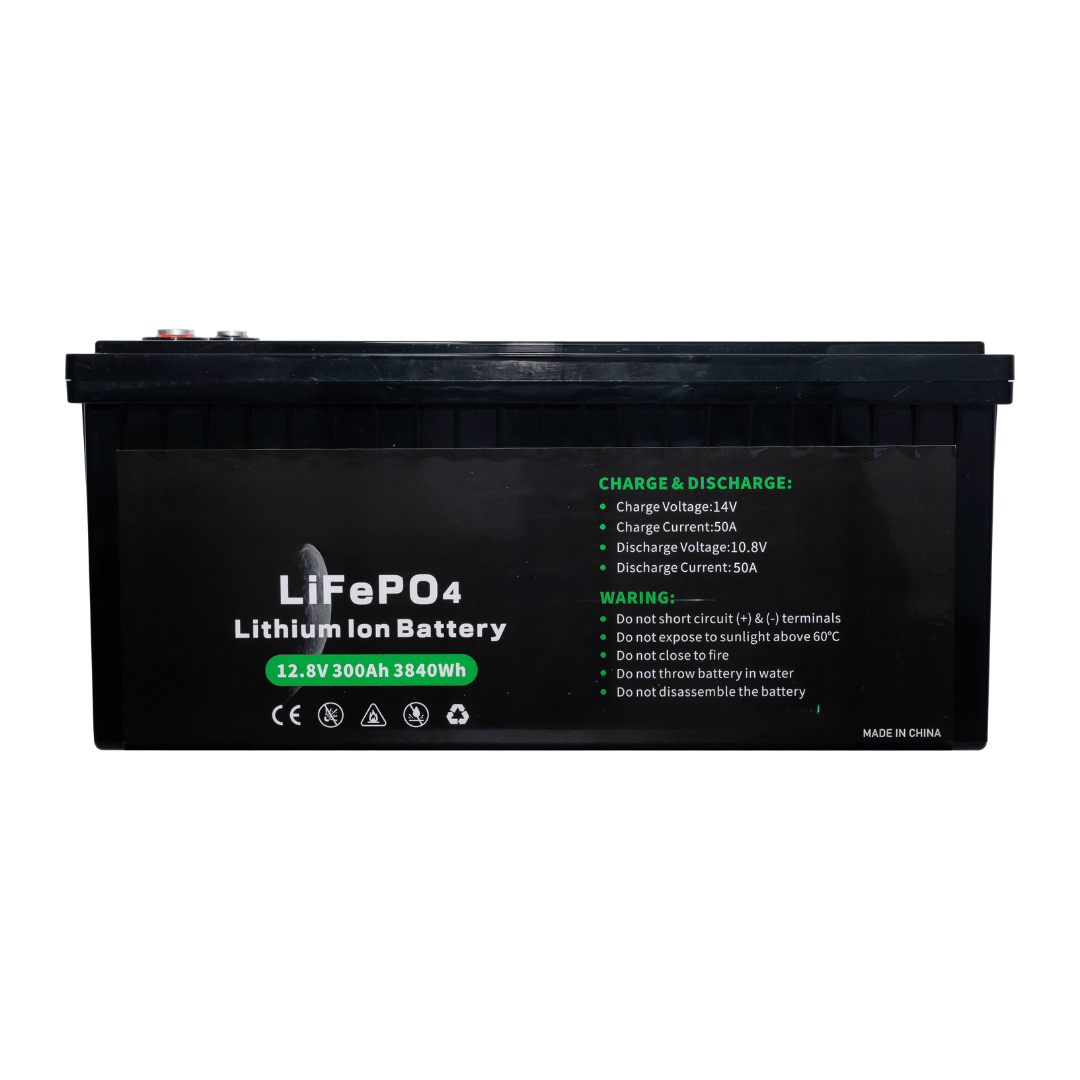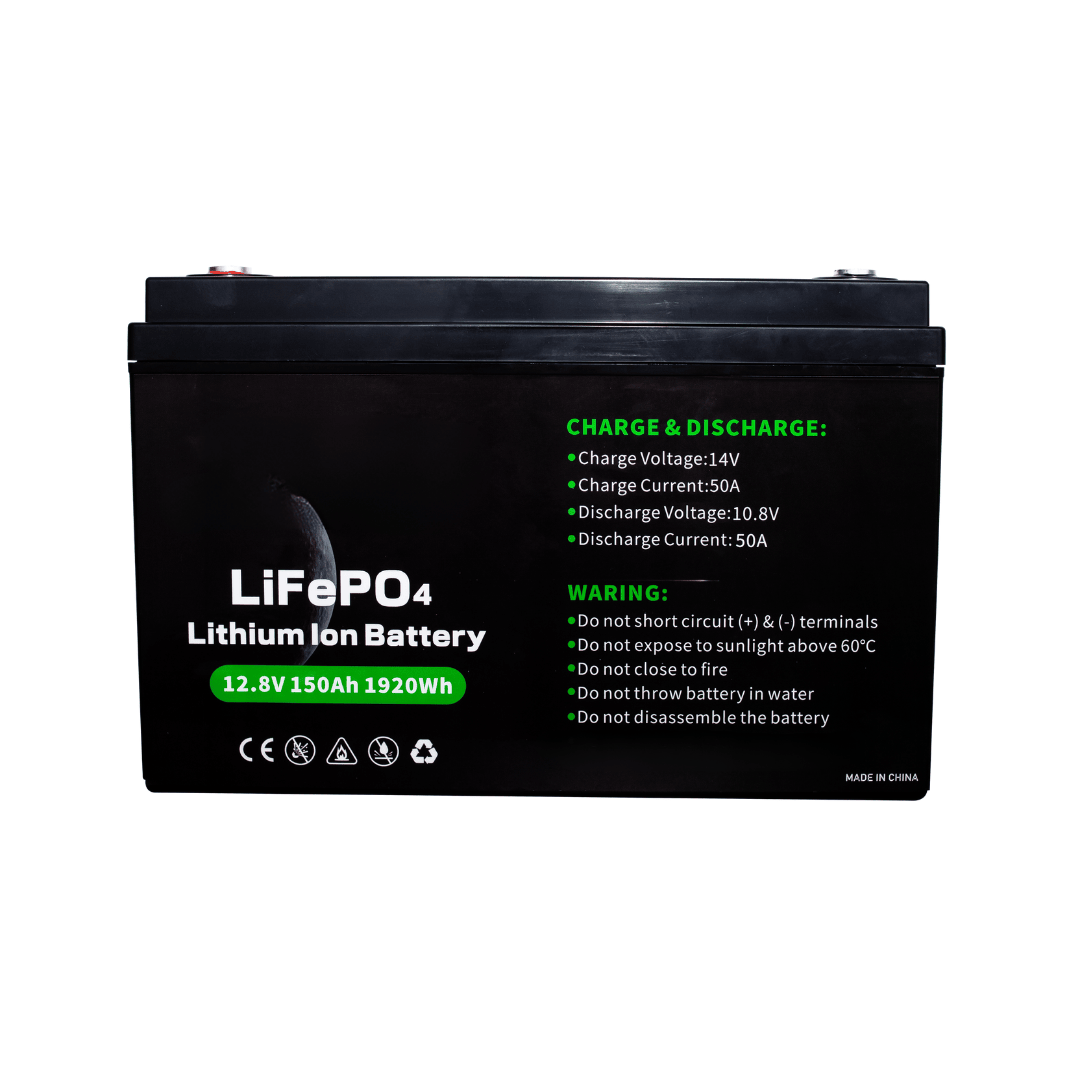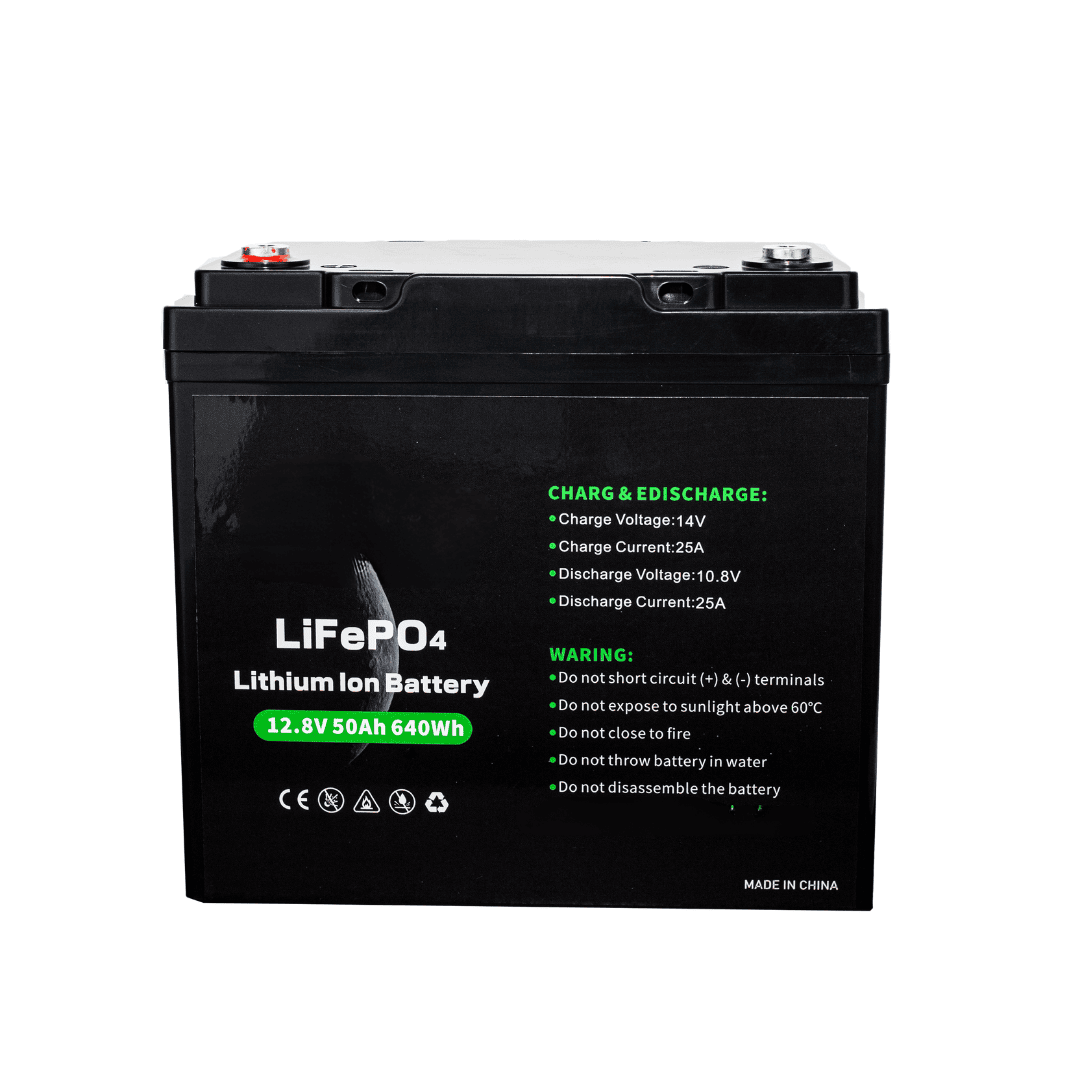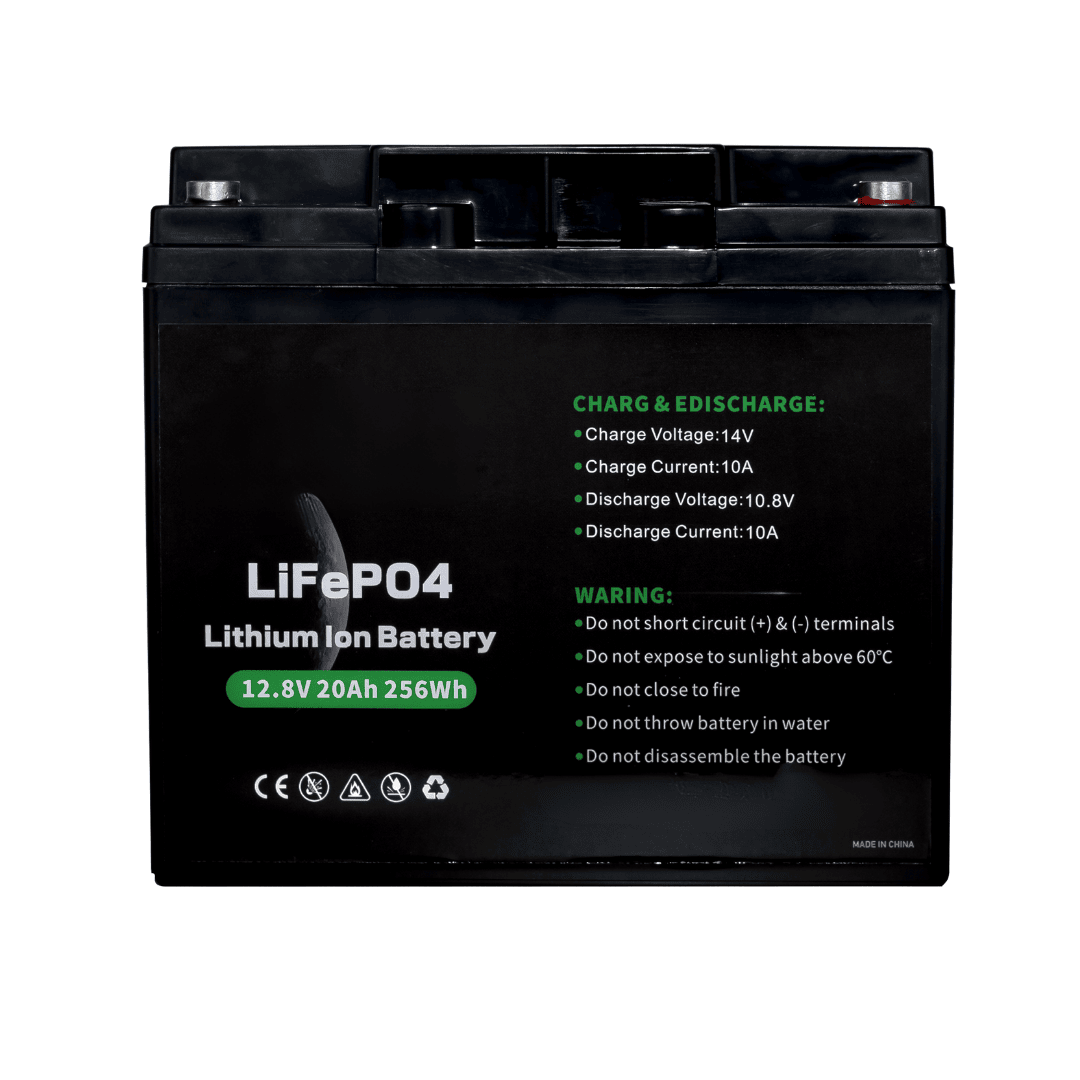Introduction to 12v Lithium Marine Batteries
A. Overview of traditional vs modern battery technology
The transition from traditional lead-acid batteries to 12v lithium marine batteries represents a significant leap in marine technology. While lead-acid batteries have long been the standard for powering boats, they come with several limitations that can hinder performance. These include their weight, shorter lifespan, and slower charging times. In contrast, 12v lithium ion batteries—particularly the Lithium Iron Phosphate (LiFePO4) type—offer numerous advantages that cater specifically to the needs of boat owners.
The chemistry of 12v lithium ion marine batteries allows them to store more energy in a smaller and lighter package compared to lead-acid alternatives. This high energy density is crucial for marine applications where space and weight are critical factors. Furthermore, the longevity of these batteries—often lasting between 2,000 to 5,000 charge cycles—means that boat owners can enjoy significant savings over time due to reduced replacement costs. For more information on the types and benefits of lithium-ion batteries, you can refer to Battery University.
B. Importance of choosing the right battery for boating
Selecting the appropriate battery is essential for optimizing boat performance and enhancing safety. The right choice not only impacts how well a boat operates but also influences maintenance costs and overall efficiency. 12v lithium ion marine batteries provide high energy density and rapid charging capabilities, making them ideal for maintaining a consistent power supply during excursions.
As boat owners increasingly prioritize efficiency and sustainability, the shift towards 12v lithium ion battery marine technology becomes more than just an upgrade; it is a necessary evolution in modern boating practices. This blog will explore the multifaceted advantages of LiFePO4 batteries, illustrating why they are becoming the go-to choice for discerning boat owners.
Advantages of 12v Lithium Marine Batteries
A. High energy density and compact design
One of the most compelling features of 12v lithium marine batteries is their remarkable energy density. Unlike traditional lead-acid batteries that require more space to store equivalent energy, LiFePO4 batteries can deliver more power in a smaller footprint. This compact design is particularly advantageous in marine settings where space constraints are common.
The increased energy density not only maximizes power output but also enhances overall boat performance and fuel efficiency. For instance, lighter batteries allow for better handling and maneuverability on the water, which is especially beneficial for racing boats or smaller vessels where every ounce matters.
B. Safety features and thermal stability
Safety is paramount in any marine environment, and this is where 12v lithium ion marine batteries excel compared to traditional options. These batteries are inherently safe due to their thermal stability; they are less prone to overheating or combustion under normal operating conditions. This significantly reduces the risk of fires or explosions—an essential consideration for any vessel.
The robust design of 12v lithium ion battery marine systems enables them to withstand harsh maritime conditions without compromising safety. This reliability gives boat owners peace of mind knowing that their power source is dependable even in challenging environments.
Long Lifespan and Cost-Effectiveness
A. Comparison of lifespan between LiFePO4 and lead-acid batteries
When it comes to longevity, 12v lithium marine batteries clearly outperform their lead-acid counterparts. While traditional lead-acid batteries may last anywhere from 300 to 1,000 charge cycles depending on usage patterns, LiFePO4 batteries can endure between 2,000 to 5,000 cycles with proper care.
This extended lifespan translates into considerable savings over time as boat owners will spend less on replacements and maintenance costs. The durability of lithium technology also means fewer batteries end up in landfills, contributing positively to environmental sustainability.
B. Long-term savings on maintenance and replacements
Although the upfront investment for 12v lithium ion marine batteries may be higher than that of lead-acid alternatives, the long-term financial benefits are undeniable. With fewer replacements needed over time and reduced maintenance requirements due to their robust nature, boat owners can enjoy substantial cost savings while enhancing their boating experience.
Investing in 12v lithium ion battery marine technology not only improves performance but also represents a smart financial decision that pays off over the years through lower operational costs.
If you’re considering making this transition or have questions about which battery system is right for your needs, don’t hesitate to reach out! Contact us today for personalized advice tailored specifically for your boating requirements.
Lightweight Design Benefits
A. Impact on boat performance and fuel efficiency
One of the standout advantages of using 12v lithium marine batteries is their lightweight design—often weighing about half as much as equivalent lead-acid options. This reduction in weight has profound implications for overall boat performance and fuel efficiency.
Lighter batteries contribute to improved handling on the water, allowing boats to navigate more easily during various conditions. Additionally, by decreasing overall vessel weight, boat owners can experience enhanced speed without needing additional power sources.
B. Importance for racing and small vessels
For racing enthusiasts or operators of smaller vessels where every pound matters, switching to LiFePO4 batteries can significantly enhance performance outcomes. The lightweight nature of these batteries allows racers to achieve higher speeds while maintaining control over their vessels.
Moreover, smaller boats benefit greatly from this aspect as it enables them to carry more equipment or passengers without compromising safety or performance—making 12v lithium ion marine batteries an ideal choice across diverse boating applications.
Fast Charging Capabilities
A. Comparison of charging times with lead-acid alternatives
Another compelling reason for boat owners to consider upgrading to 12v lithium marine batteries is their fast charging capabilities. Unlike lead-acid options that may take up to 12 hours or more to fully charge, LiFePO4 batteries typically reach full charge within just 3-7 hours depending on capacity.
This rapid charging feature is particularly beneficial for those who need quick turnaround times during short stops or while utilizing renewable energy sources like solar panels onboard.
B. Benefits for recreational boaters and commercial users
For recreational boaters looking to maximize their time on the water without lengthy downtimes waiting for battery recharges, fast charging capabilities offer significant advantages. Similarly, commercial users who rely on consistent power supply can benefit from reduced charging times—ensuring they remain operational without delays caused by battery issues.
Switching to 12v lithium ion battery marine technology means enjoying uninterrupted adventures on the water while maintaining high levels of efficiency—an essential aspect for both leisure and commercial boating activities.
Environmental Benefits of Using LiFePO4 Batteries
A. Reduction in hazardous waste and toxic materials
In addition to their performance benefits, 12v lithium marine batteries offer notable environmental advantages over traditional options like lead-acid batteries. Unlike lead-acid variants that contain toxic heavy metals such as lead or cadmium—which pose significant environmental hazards—LiFePO4 batteries are free from these harmful substances.
This absence of toxic materials means that when it comes time to dispose of old batteries or recycle them at end-of-life stages, there is less risk involved regarding environmental contamination.
B. Contribution to sustainable boating practices
With growing awareness around sustainability within the boating community, choosing environmentally friendly options like LiFePO4 technology aligns well with modern ecological practices aimed at reducing waste and promoting cleaner energy solutions.
By adopting these advanced battery technologies that prioritize both performance and environmental responsibility—boat owners contribute positively towards sustainable boating practices while enjoying enhanced experiences on the water.
If you’re ready to make a positive change for both your boating experience and the environment, contact us today! We can help guide you through selecting the best battery solutions tailored specifically for your needs.
Practical Applications in Marine Settings
A. Use cases in various types of vessels (e.g., fishing, leisure)
The versatility of 12v lithium marine batteries makes them suitable across various types of vessels—from fishing boats requiring reliable power sources for electronics and trolling motors to leisure yachts needing efficient energy storage solutions during extended trips at sea.
Their adaptability ensures that regardless of specific boating needs or preferences—boat owners can find suitable applications benefiting from advanced features provided by lithium technology.
B. Integration with solar and other renewable energy sources
As interest grows around renewable energy solutions within maritime settings—integrating solar panels with LiFePO4 battery systems presents exciting opportunities for sustainable power generation onboard vessels while minimizing reliance on fossil fuels.
This combination allows boat owners not only to harness clean energy but also ensures they have sufficient storage capacity available when needed most—making it an ideal solution for eco-conscious mariners seeking innovative ways forward into greener futures ahead!
For those curious about how these systems work together effectively or how they compare against other types like AGM (Absorbent Glass Mat), check out our article on Are Lithium Deep Cycle Batteries Better Than AGM?
Lear Our Realted Products
recommended reading
Conclusion
A. Summary of key benefits for boat owners
In summary, transitioning from traditional lead-acid options toward modern-day alternatives like 12v lithium marine batteries offers numerous benefits including enhanced performance through lightweight designs; longer lifespans resulting in cost savings; faster charging capabilities ensuring minimal downtime; along with significant environmental advantages contributing towards sustainable practices—all vital factors influencing today’s boating decisions!
B. Encouragement to consider upgrading for improved performance and safety
For any boat owner contemplating an upgrade—considering switching towards advanced technologies such as LiFePO4 could prove invaluable! Not only does it enhance overall experiences out on the water but also reinforces commitments towards safer operations while minimizing negative impacts associated with outdated systems currently dominating markets today!
To learn more about whether investing in these advanced technologies makes sense financially when considering trolling motors specifically read our detailed analysis on Is It Worth Spending Extra on Lithium Batteries for Trolling Motor Batteries?
Finally, if you’re exploring whether you can use lithium batteries effectively in your boat or RV setup check out our guide Can You Use Lithium Batteries in a Boat or RV?
By understanding all aspects surrounding these innovative solutions—including potential drawbacks as discussed here: What Are The Benefits And Drawbacks Of Using Lithium Batteries Compared To Lead Batteries For Boats? —you’ll be well-equipped when deciding what best suits your needs moving forward!
Learn How RAKOUR Can help you deploy
future-proof energy
Our team of energy storage experts will take the time to fully understand your business, challenges , and opportunities.

Maximize Your RV’s Power with Top Batteries
Maximize your RV’s power with the best batteries available. This guide explores types, features, and

LFP Batteries: The Future of Energy Storage
LFP batteries, known for their safety, longevity, and environmental benefits, are revolutionizing energy storage. This

Understanding LiFePO4 Lithium Battery Chemistry
This article delves into the chemistry of LiFePO4 lithium batteries, exploring their composition, performance, environmental

Comprehensive Guide to Lithium Batteries for RVs
Lithium batteries for RVs have revolutionized the way recreational vehicles operate, providing enhanced energy efficiency,

Applications of LiFePO4 Lithium Battery
LiFePO4 (Lithium Iron Phosphate) batteries are increasingly utilized across various sectors due to their safety,

What are the uses of a 12V lithium ion battery?
The 12V lithium battery is a key player in modern energy solutions, known for its
FAQs



